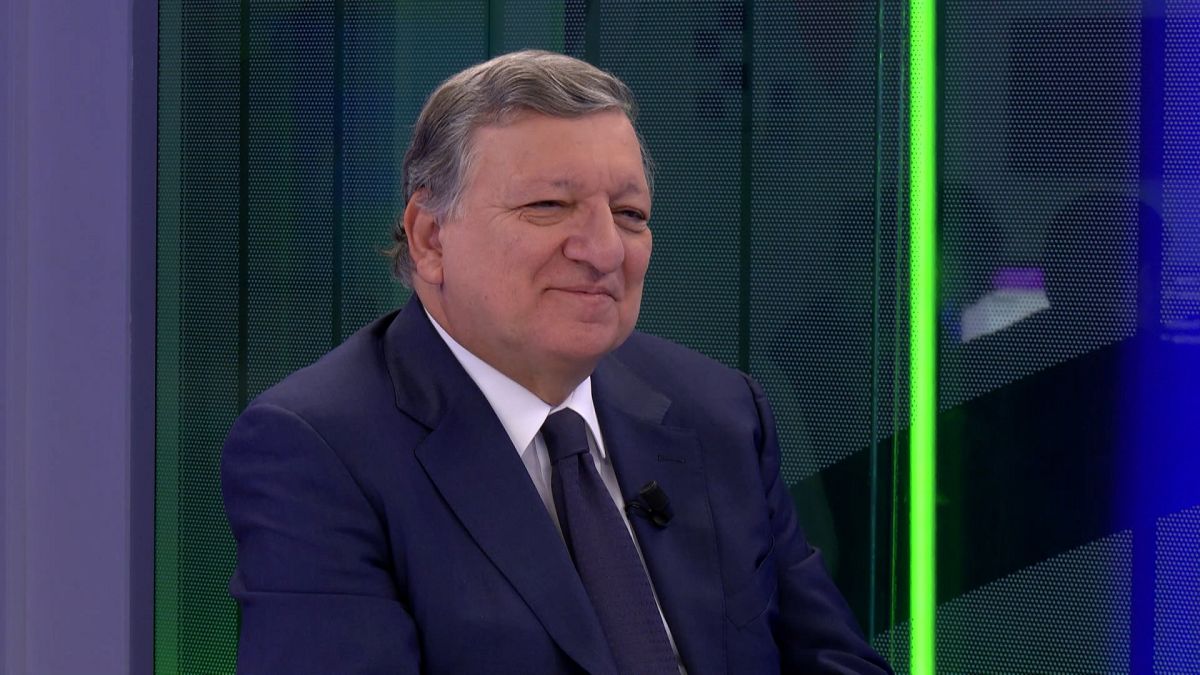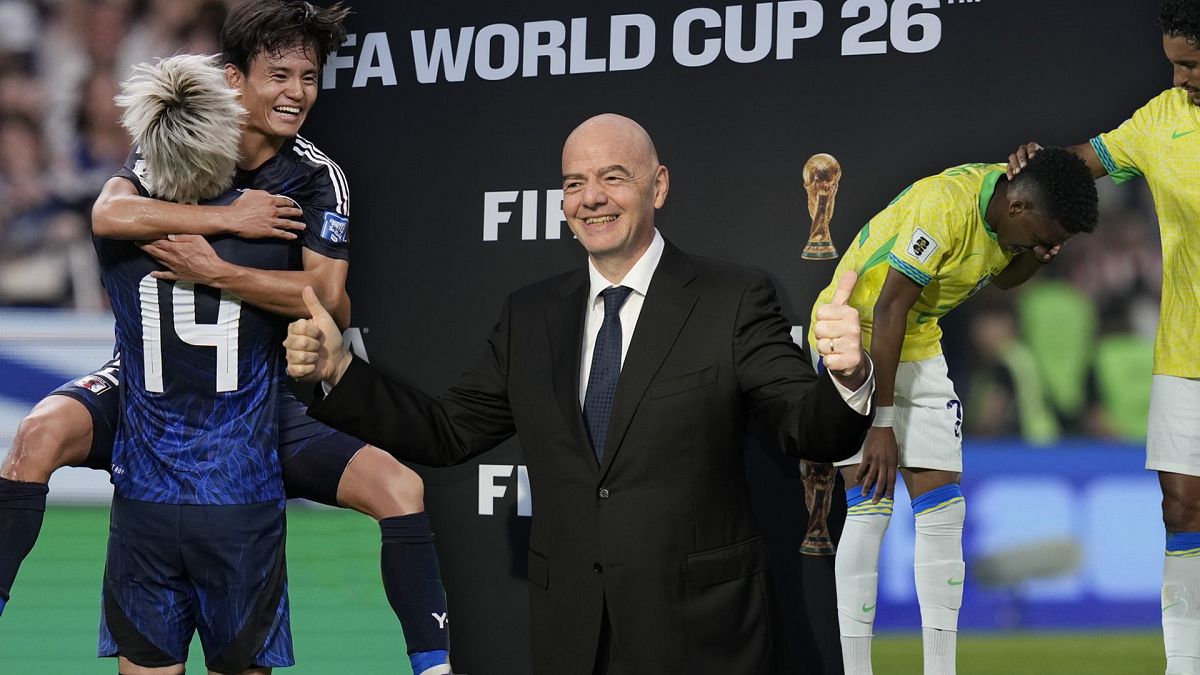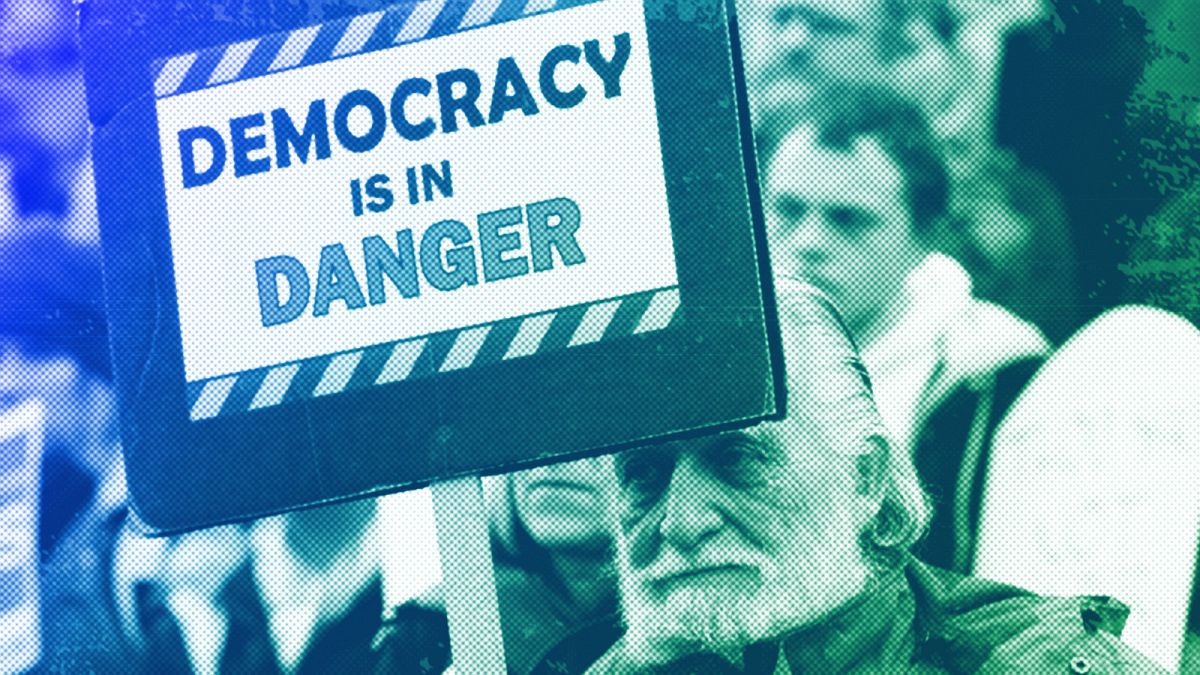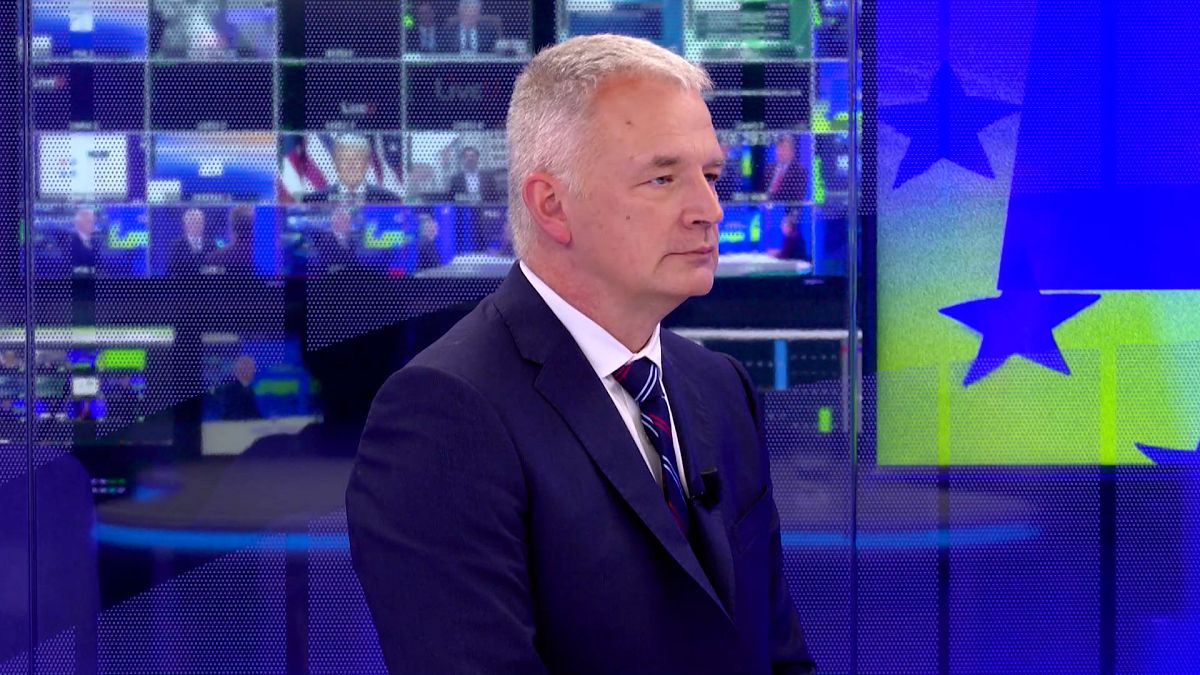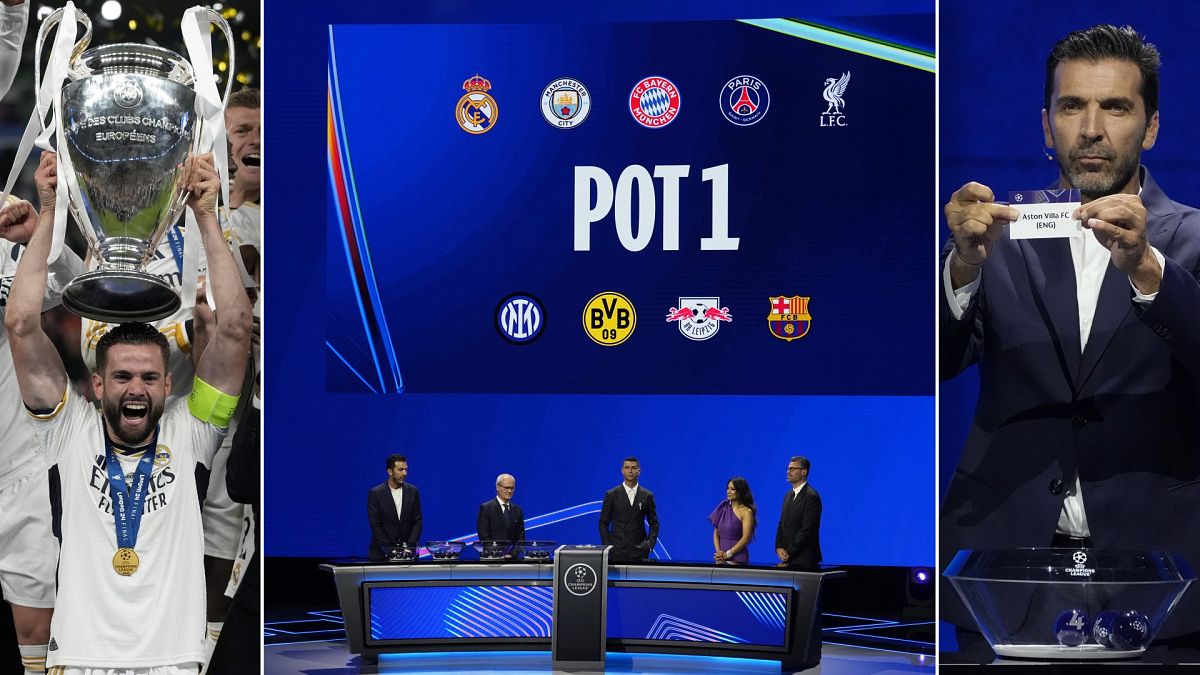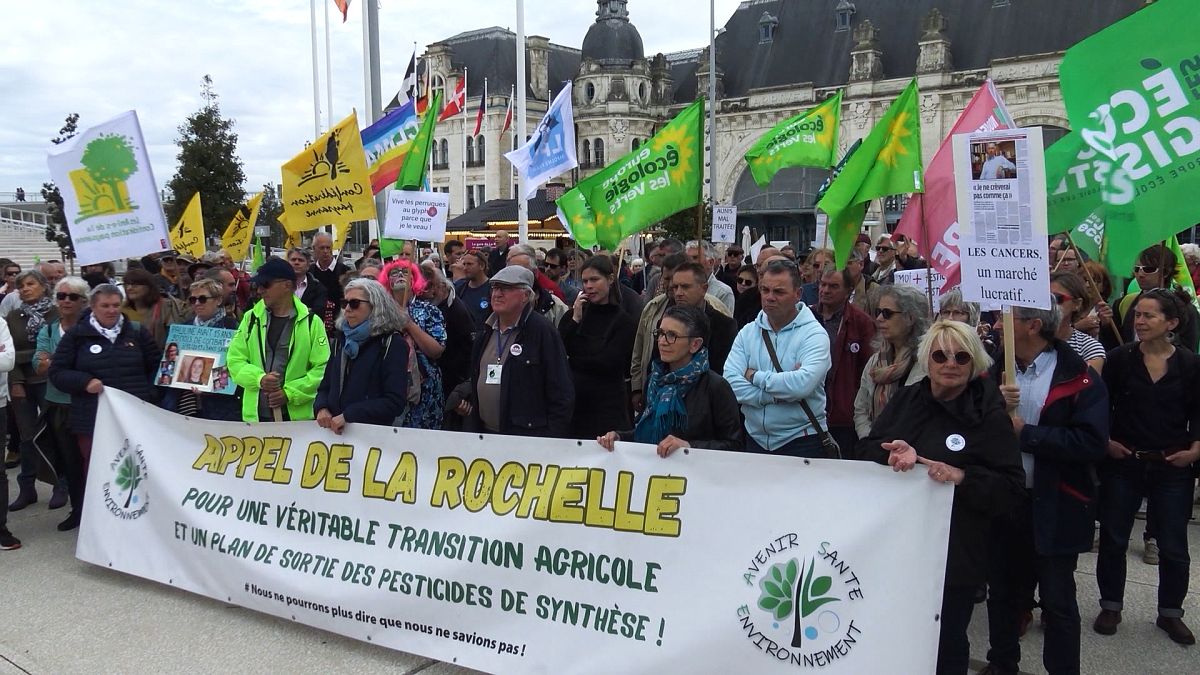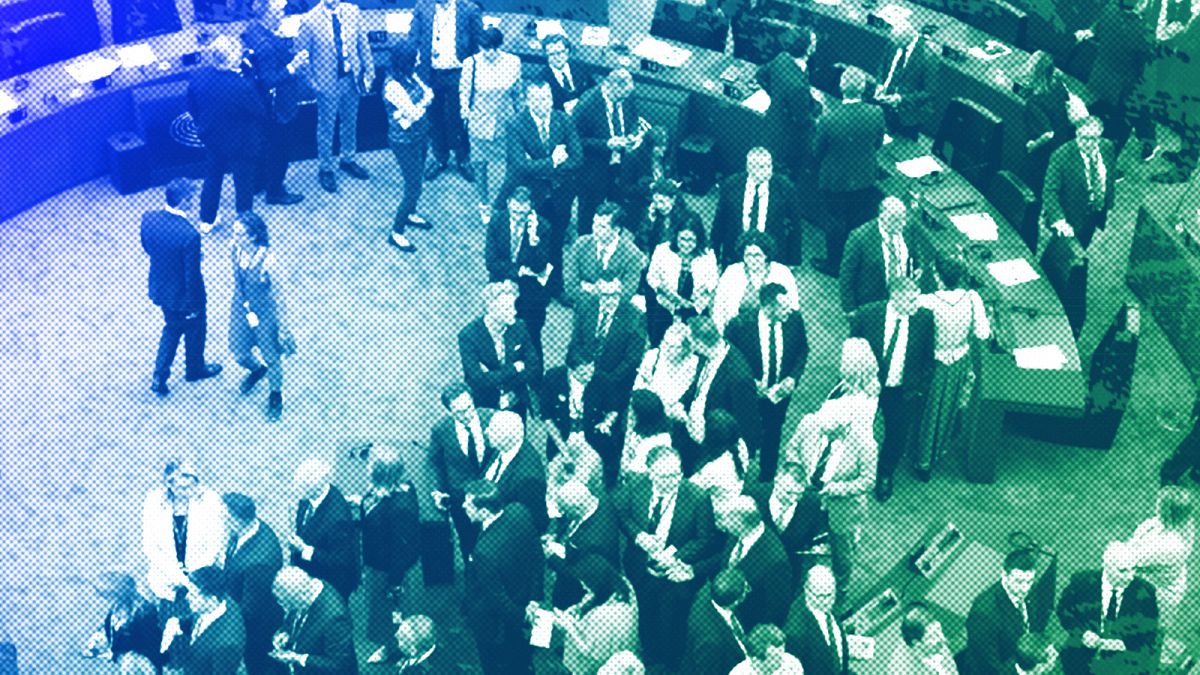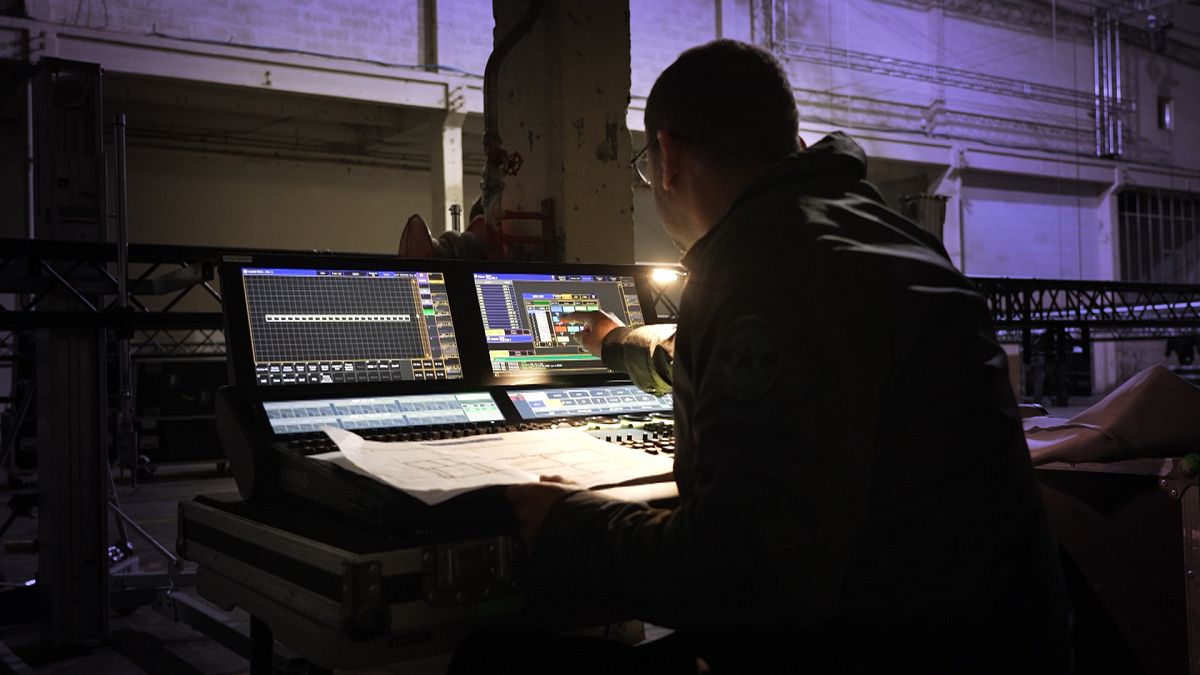How will impact investing change the face of charitable finance?
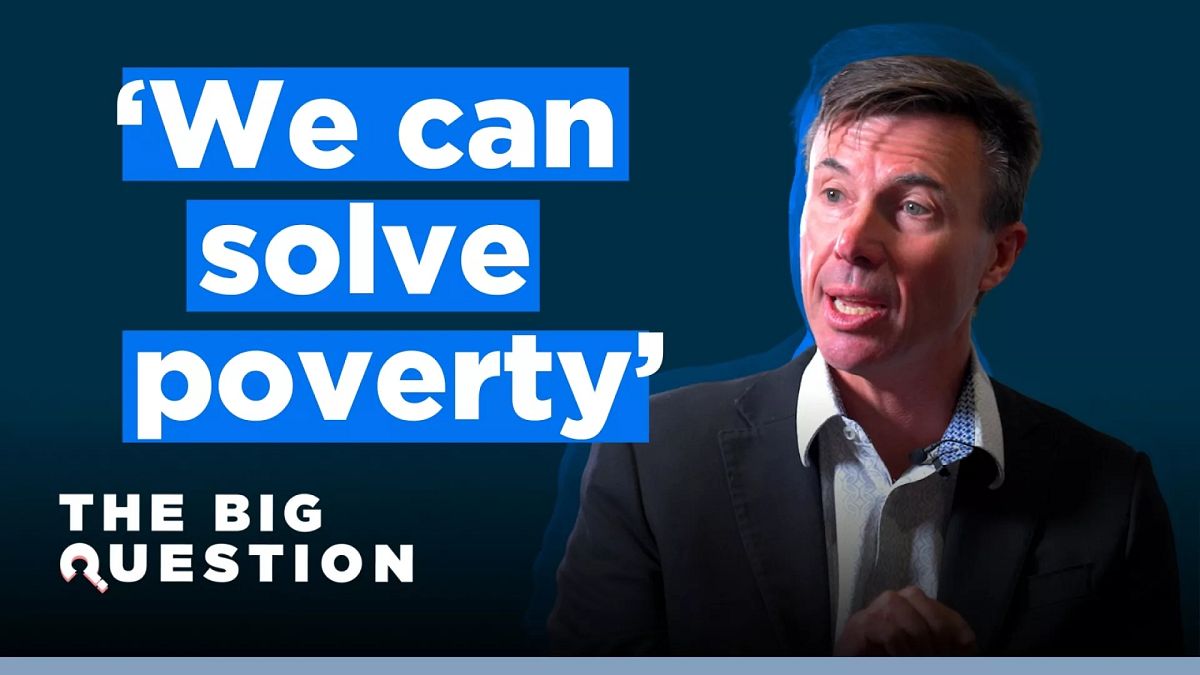
Save The Children Global Ventures is aiming to raise $1bn in new forms of innovative funding for the charity’s mission by 2030. Here’s how.
When Eglantyne Jepp founded Save The Children in London, in 1919, to help stop German children from starving to death during the blockade of the First World War, she was doing something quite unusual.
No-one had considered helping the children of the enemy before.
More than a century later, that pioneering approach hasn’t changed, but Save The Children is finding new ways to help young people across the world.
In this episode of The Big Question, Paul Ronalds, the founder and CEO of Save The Children Global Ventures discusses how traditional private sector techniques could change the finances of the charity sector.
What is impact investing?
Save The Children Global Ventures, which was launched in 2022, runs a number of funds and projects which aim to optimise traditional investing techniques whilst achieving the core aims of the charity.
There’s currently a €3.8 trillion shortfall in funding to solve some of the planet’s biggest problems and whilst traditional fundraising is still hugely important, it’s just not enough.
Though there’s not any retail products for your average person to invest in just yet, one part of Save The Children’s new approach is to work with sophisticated or institutional investors to encourage them into impact investing.
“There’s a common misconception that impact investing means concessionary investing, and that’s not necessarily the case at all,” Paul explains.
Whilst the first fund is a closed fund and is yet to mature, some of the projects are looking to provide both significant impact and a good return for investors.
The 11 businesses in fund one focus mainly on education, technology and health technology. One of the education businesses, aims to reduce the growing problem of a shortage of teachers in sub-saharan Africa. There is a projected need for 15 million more teachers in the next 7-10 years and using a handheld app, which can be sold to governments and school networks, to micro-credential teachers without formal qualifications, the idea is to retain teachers in that region and with a better salary.
“We don’t have any sort of silver bullets in international development but the closest thing we have is children’s education,” Paul explained.
“Almost all children that start behind, stay behind. So if you can give them a good early childhood education, then often they’ll be very successful and the country will be very successful as a result.”
Whilst the projected returns vary greatly between each business, some of the most successful have already grown 600%.
Is it a sensible risk for charities to invest donations?
Another part of what Paul and his team do is called venture philanthropy. In essence, they take donations and invest them into businesses which align with their aims and any returns go back into the fund to be reinvested.
“That all gets revolved and that is in perpetuity. So long as we continue to make good investments, it should be there forever,” Paul said.
But there is a risk to investment and not everyone loves the idea of charities taking financial risks.
“Some of the investments we make will not be successful,” Paul accepted.
However, he added that he believes a re-education within both the charitable sector and more publicly needs to happen as, without taking risks, they won’t be able to make the sort of impact they need.
“If we start to make this sort of impact investing something that is just what most foundations, most investors, maybe even pension funds start to do, then we can have the sort of impact on our most significant global, social and environmental issues.
“We can solve poverty. We can address the capital needs.
“So this is important for Save The Children but we also think it’s important for the charity sector,” Paul concluded.
The Big Questionis a series from Euronews Business where we sit down with industry leaders and experts to discuss some of the most important topics on today’s agenda.
Watch the video above for the full conversation with Save The Children Global Ventures.
Video editor • Joanna Adhem
Source: Euro News



